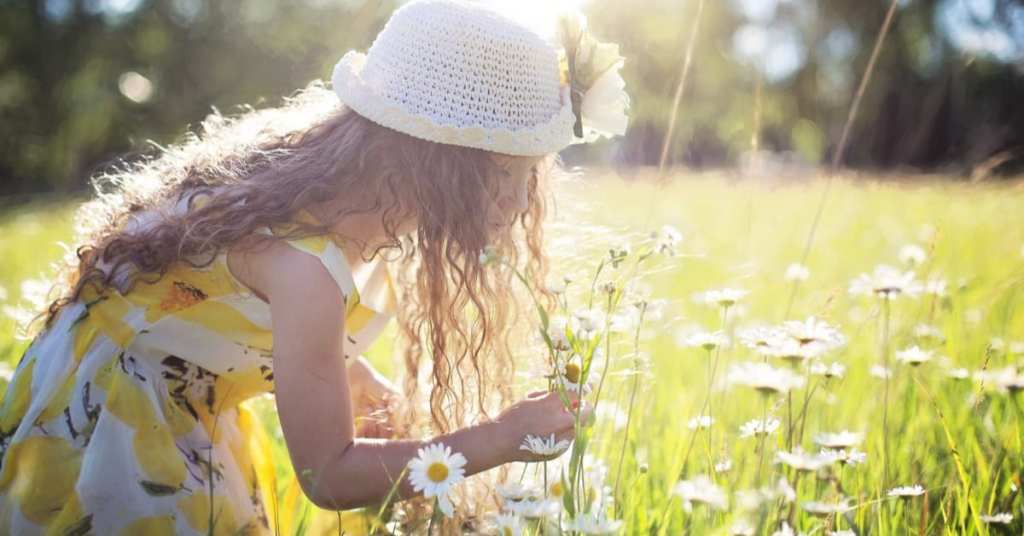There’s a certain nostalgia that most of us have regarding our childhoods and the outdoors. Depending on our ages, we might have walked to and from school every day, played outside with our friends in the summer until the street lights came on, or wandered alone on hikes through the woods and gone fishing in the streams and pools we came upon along the way.
Some people love the outdoors and make it a point to spend time in nature for a lifetime, while others may gravitate toward a more indoor lifestyle. Kids, though, shouldn’t have the option, according to experts.
Image Credit: Pexels
Studies suggest that kids who play outside and who experience landscapes and wilderness experience mood, cognitive, health and longevity benefits. Not only that, but the rough-and-tumble children who scrape up their knees or slip around in the mud? They get higher grades in school, experience lower levels of stress, and grow up caring more about conserving the environment.
Jennifer Bristol of Texas Children in Nature, is one among many experts urging parents to get their kids outside.
“Children who learn and play in nature are healthier, happier and smarter. They perform better in school, they have higher levels of self discipline, they are more cooperative with others, better problem solvers, more creative, feel more connected with nature, and become tomorrow’s conservation stewards.”
If you’re curious why so many people feel at home in, or rejuvenated by, nature, biologist E.O. Wilson has a theory known as the Biophilia Hypothesis. It rests on the idea that, before supermarkets and cities existed, people who tracked animals, ate wild flora and fauna, and were able to find clean sources of water were the most likely to survive.
Image Credit: Pexels
“It would be therefore quite extraordinary to find that all learning rules related to that world have been erased in a few thousand years, even in the tiny minority of peoples who have existed for more than one or two generations in wholly urban environments.”
Modern scientists like Richard Mitchell, an epidemiologist, agree that our bodies are pre-programmed to reward us to staying attuned to our natural habitats – and that children feel this pull more acutely.
“For kids, nature is just an amazing playground. It’s a fantastic place to discover how the world works, bounce around on tree branches, play around in mud. All of those sensory stimulations that we think are good for development.”
Mitchell also points out that studies have long suggested that our brains respond to nature by muting our stress responses – decreasing the concentration of stress hormones circulating in our bodies and lowering our blood pressure. Children who spend significant time outdoors are better able to pay attention in class and score higher on standardized tests.
One 2005 study even found that at-risk youth experienced a 27% increase in better classroom behavior and mastery of scientific concepts after a week of outdoor education.
Other benefits include improved social skills and lowered obesity rates.
A 2008 study done by Mitchell and his colleagues also revealed that low-income individuals who lived in neighborhoods with ample green space were healthier and lived longer than their more urban counterparts.
Mitchell himself, though, cautions against seeing nature as a miracle cure.
Image Credit: Pexels
“Obviously there are lots of things that drive mental and physical health. Green spaces are possibly important; one influence among many.”
There are also other factors to consider, like race and class, as people with privilege tend to have more spare time on their hands, and also fear being out in public spaces less.
If you’re wondering whether having your kids play in the backyard will reap as many benefits as a family walk, or whether a hike in the desert helps as much as a day in the mountains or at the beach, well, scientists aren’t exactly sure.
Basically, there’s no standard definition of what constitutes “nature,” but Mitchell thinks it can mean different things to different people.
Image Credit: Pexels
He says,
“The important thing is that it’s vegetated, not built-on.
For kids in particular, it’s important that there’s space to run and play. In the adult world, there’s evidence that trees are important.”
Science suggests that there’s really no such thing as an “indoor kid,” and that most children want to get outside and go for a walk or a hike if they’re given a small push.
So yes, reading is good and there are also benefits to all kids of indoor play – but science believes that none of it is a substitute for spending time in the great outdoors.
Get our your calendar and pencil in some family time in the woods along with everything else. It definitely seems as if it will be worth it, for everyone.
